In the realm of investment, one financial instrument that often attracts both conservative and yield-seeking investors is the Money Market Fund. Money Market Funds, commonly known as MMFs, offer a unique balance of safety, liquidity, and returns, making them a favored choice for parking cash and earning a modest yield. In this article, we will explore what Money Market Funds are, how they operate, their key features, and their significance in the context of investment.
What Are Money Market Funds?
Money Market Funds are a type of mutual fund that primarily invests in short-term, low-risk debt securities and money market instruments. These funds are designed to provide investors with a safe and convenient place to park their cash reserves while earning a return that typically exceeds that of a traditional savings account or a checking account. Money Market Funds are known for their stability and the preservation of principal, making them a suitable choice for investors looking to safeguard their capital.
How Money Market Funds Operate:
Money Market Funds function by pooling money from individual investors and investing it in a diversified portfolio of short-term, high-quality debt instruments. The key aspects of their operation include:
1. Investment Universe: Money Market Funds primarily invest in government securities, certificates of deposit (CDs), commercial paper, Treasury bills, and other money market instruments. These securities typically have maturities of less than one year.
2. Net Asset Value (NAV): The price of a Money Market Fund's shares is typically set at a constant net asset value (NAV) of $1 per share. This NAV is maintained to provide stability and preserve the principal amount invested.
3. Liquidity: Money Market Funds are highly liquid, allowing investors to buy or redeem shares on any business day at the prevailing NAV. This liquidity makes them suitable for managing short-term cash needs.
4. Yield: Money Market Funds aim to generate returns for investors primarily through interest income earned on their underlying securities. While yields are typically modest, they are generally higher than those offered by traditional savings or checking accounts.
5. Expense Ratio: Investors in Money Market Funds incur expenses in the form of an expense ratio, which covers the fund's management fees and operating expenses. However, these expenses are typically low compared to other mutual funds.
Key Features of Money Market Funds:
1. Safety: Money Market Funds are considered one of the safest investment options available due to their focus on high-quality, short-term debt securities. However, they are not insured by the Federal Deposit Insurance Corporation (FDIC), so there is still a degree of risk involved.
2. Liquidity: Investors can access their funds quickly and easily, making Money Market Funds suitable for holding cash reserves or managing short-term financial needs.
3. Stability: The constant NAV of $1 per share aims to maintain the principal amount invested. However, while they strive to maintain a stable NAV, there is still a small risk of the NAV "breaking the buck" (falling below $1), as seen during financial crises.
4. Diversification: Money Market Funds diversify their holdings across various issuers and securities to spread risk and enhance stability.
Significance in the Context of Investment:
Money Market Funds serve several essential purposes in the investment landscape:
1. Capital Preservation: They offer a safe and stable place to preserve capital while earning a return, making them suitable for investors who prioritize safety.
2. Liquidity Management: Money Market Funds provide liquidity, enabling investors to access their cash quickly without the constraints of fixed-term investments.
3. **Cash Management: Investors often use Money Market Funds as a temporary repository for cash between investment opportunities or to manage cash reserves for businesses.
4. Portfolio Diversification: Investors can use Money Market Funds to diversify their investment portfolios, especially when balancing risk with fixed-income investments.
5. Risk Mitigation: While not entirely risk-free, Money Market Funds are designed to minimize credit risk and market risk, making them an attractive option during periods of market uncertainty.
In conclusion, Money Market Funds are a valuable investment tool for those seeking a balance between safety, liquidity, and yield. They serve as a reliable option for parking cash, preserving capital, and earning modest returns. However, investors should be aware of the associated risks, including the potential for a Money Market Fund's NAV to fall below $1, and carefully consider their investment objectives and time horizon when incorporating Money Market Funds into their financial strategy.

